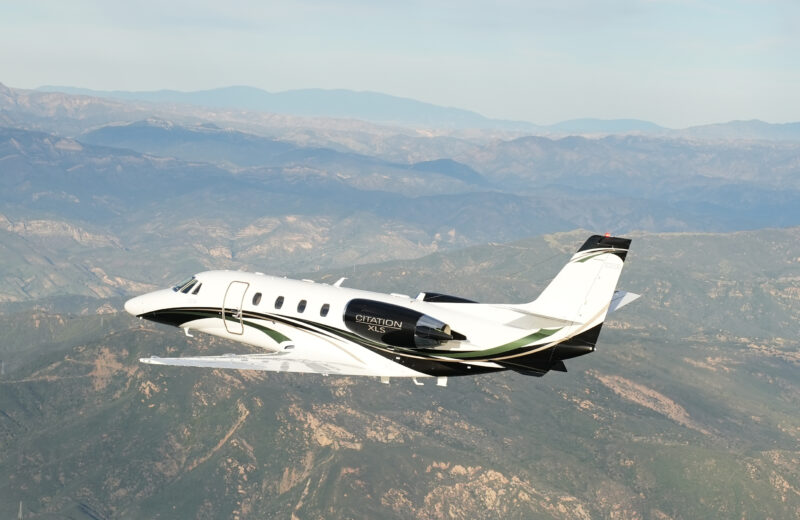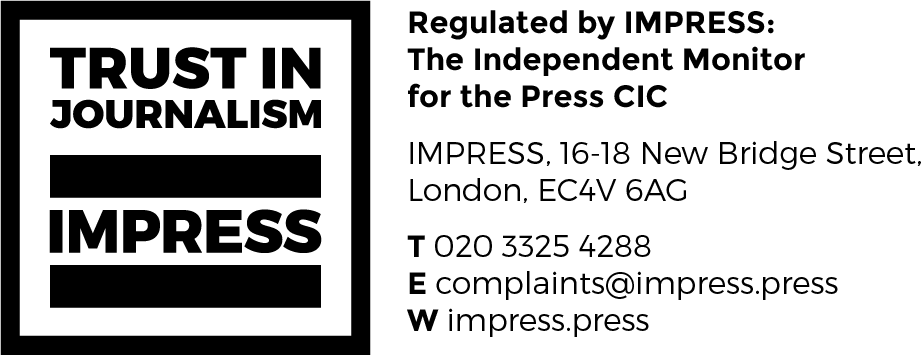FAA mandates fuel-efficient tech on airplanes produced after 2028

Cessna Citation XLS
The Federal Aviation Administration (FAA) announced finalisation of the rule to reduce carbon pollution by the aviation sector by mandating fuel-efficient technologies on airplanes manufactured after 2028.
The rule requires incorporating improved fuel-efficient technologies for airplanes manufactured after January 1, 2028, and for subsonic jet airplanes and large turboprop and propeller airplanes that are not yet certified.
The work on this rule began in 2016, when the International Civil Aviation Organization (ICAO) adopted standards for new aircraft to be 10% more fuel-efficient than previous models. The FAA, working in conjunction with industry stakeholders, then embarked on a multi-year process to develop its own, tailored rule specifically for the US market.
“We are taking a large step forward to ensure the manufacture of more fuel-efficient airplanes, reduce carbon pollution, and reach our goal of net-zero emissions by 2050,” said Mike Whitaker, administrator, FAA.
This rule applies to a wide range of aircraft, including popular models like the Boeing 777-X, Airbus A330-neo, and even business jets such as Cessna Citation and civil turboprop airplanes like ATR 72 and the Viking Air Limited Q400. Notably, it doesn’t impact currently flying aircraft, but focuses on shaping the future of a cleaner aviation industry.
This new rule is expected to deliver significant environmental benefits. Estimates suggest it could reduce carbon dioxide emissions by as much as 1.4bn tons over the next 50 years, equivalent to planting 74bn trees.
But the impact goes beyond just the environment. Airlines are likely to see cost savings from improved fuel efficiency, and the development of new technologies could boost innovation and create jobs in the aerospace sector.








